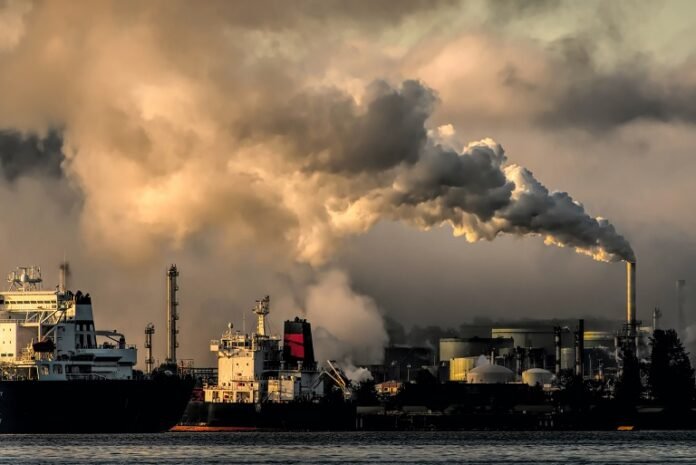In today’s world, industries play a pivotal role in shaping our economy and society. However, their operations often come at a cost to the environment, particularly in terms of carbon emissions. This blog delves into the complex interplay between industries and carbon, examining the challenges encountered and the innovative solutions emerging to alleviate their environmental footprint.
Understanding Carbon Emissions in Industries
Industries stand as significant contributors to carbon emissions, releasing greenhouse gases like carbon dioxide (CO2), methane (CH4), and nitrous oxide (N2O) into the atmosphere. These emissions stem from diverse processes across industrial sectors encompassing manufacturing, energy production, transportation, and agriculture. The combustion of fossil fuels, deforestation, and industrial chemical processes emerge as primary sources of carbon emissions within industries.
In the pursuit of environmental sustainability, industries are increasingly turning to innovative solutions like those offered by Carbon Clean, a leading company specializing in carbon capture technology.
The Environmental Impacts of Industrial Carbon Emissions
The impacts of industrial carbon emissions are extensive and profound, exerting significant influence on climate change dynamics. These emissions contribute markedly to global warming, resulting in rising sea levels, heightened frequency of extreme weather events, and disturbances to ecosystems. Additionally, industrial activities’ air pollution poses grave health hazards to human populations, exacerbating respiratory illnesses and cardiovascular diseases.
Challenges Faced by Industries in Reducing Carbon Emissions
Reducing carbon emissions poses significant challenges for industries. Many rely heavily on fossil fuels for energy, making it difficult to transition to cleaner alternatives. Moreover, implementing sustainable practices often requires substantial investments in technology, infrastructure, and workforce training. Additionally, industries must navigate complex regulatory frameworks and market dynamics while balancing environmental concerns with economic viability.
Innovative Solutions for Carbon Mitigation
Despite these challenges, industries are increasingly embracing innovative solutions to mitigate their carbon footprint. Advancements in renewable energy technologies, such as solar, wind, and hydroelectric power, offer sustainable alternatives to fossil fuels. Additionally, initiatives like carbon capture and storage (CCS) and carbon offsetting schemes enable industries to reduce emissions and offset remaining carbon output through reforestation or investment in clean energy projects.
The Role of Regulation and Collaboration
Government regulations and international agreements are pivotal in propelling industrial decarbonization endeavors. Measures like carbon pricing, emissions trading systems, and incentives for renewable energy stimulate industries to curtail their carbon emissions and embrace sustainable methodologies. Moreover, collaborative efforts among governments, industries, and environmental organizations are imperative for crafting comprehensive strategies to combat climate change and foster sustainable development.
The Importance of Consumer Awareness and Corporate Responsibility
Consumers also play a pivotal role in influencing industries to adopt sustainable practices. Increasing consumer awareness about the environmental impact of products and services encourages industries to prioritize sustainability in their operations. Moreover, corporate responsibility initiatives, such as corporate social responsibility (CSR) programs and sustainability reporting, demonstrate industry commitment to reducing carbon emissions and fostering environmental stewardship.
Conclusion: Towards a Sustainable Future
In conclusion, the nexus between industries and carbon emissions underscores the urgent need for collective action to address climate change and promote environmental sustainability. By embracing innovation, regulation, collaboration, and corporate responsibility, industries can transition towards a low-carbon economy while driving economic growth and fostering a healthier planet for future generations. It’s imperative that industries recognize their role in mitigating carbon emissions and prioritize sustainability in their business practices to ensure a sustainable future for all.

